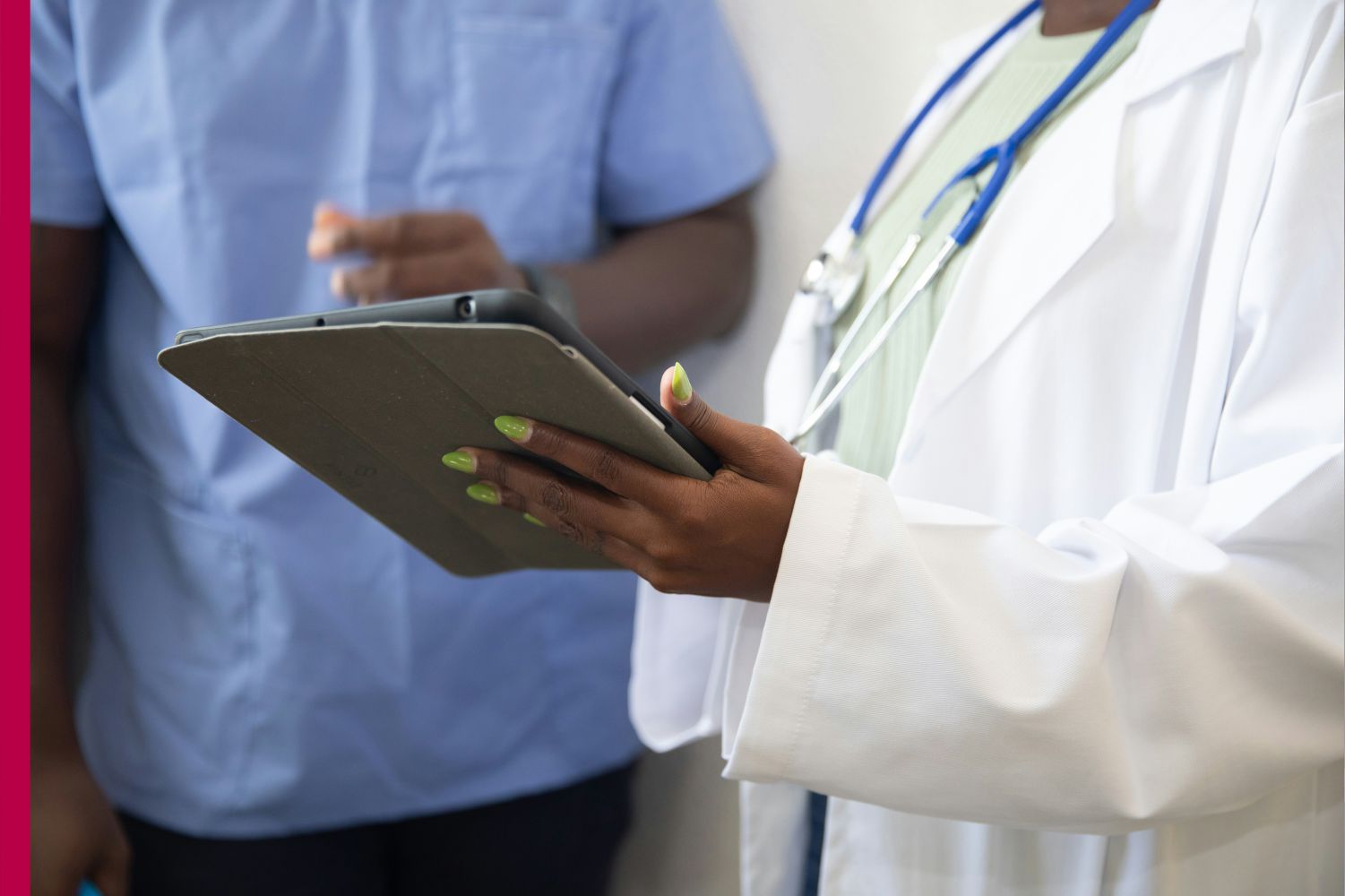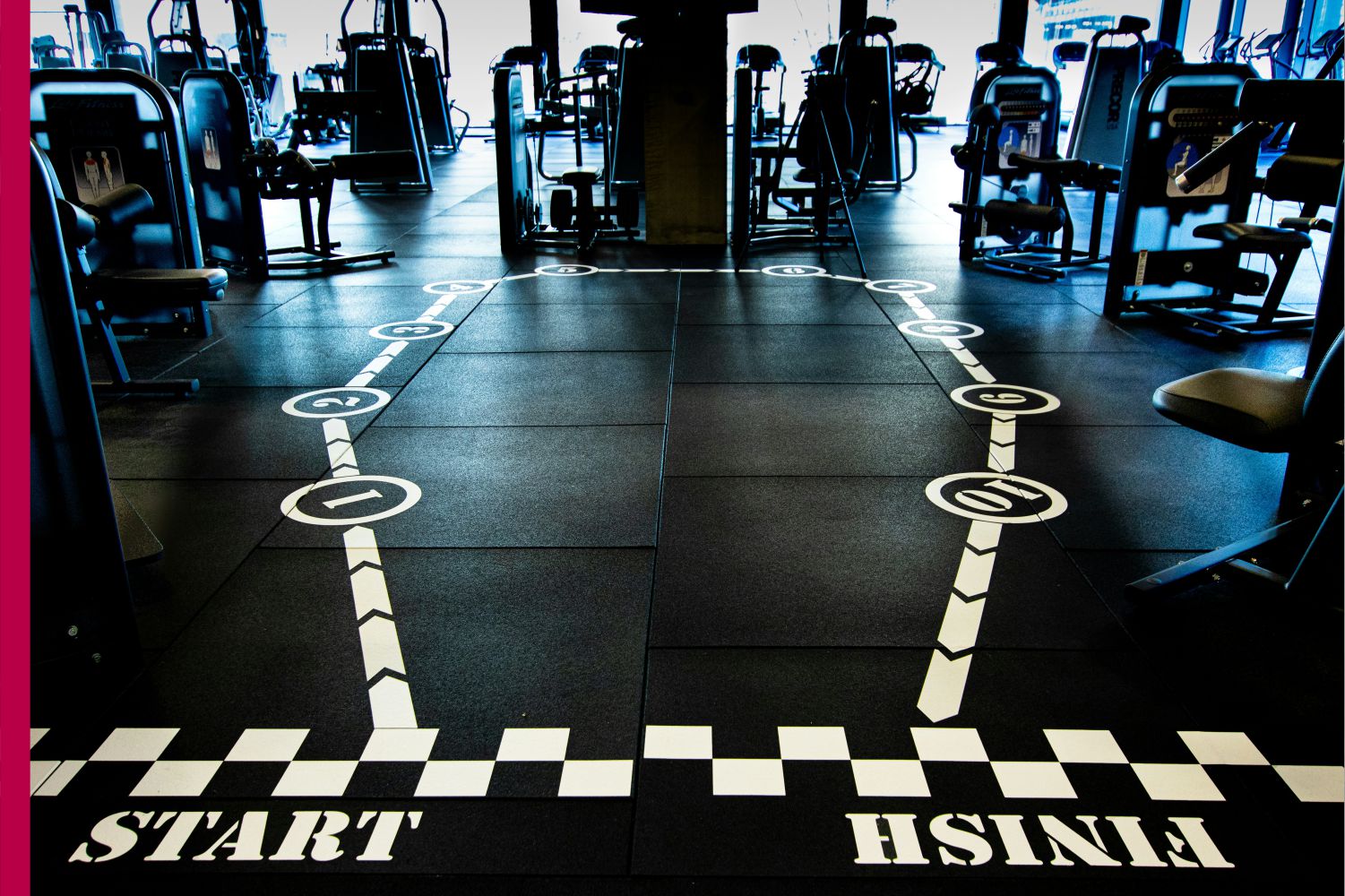These days, many people search on Google before they ever contact a doctor. This raises a big question: has “Dr. Google” become humanity’s go-to family doctor? In our time, even a simple cough, headache, or stomach pain leads to frantic internet searches for symptoms. The web offers quick access to health information. People can look up potential causes, treatments, and advice for next steps without needing a doctor’s appointment. However, beneath this convenience lies a complicated mix of misinformation, anxiety, and misdiagnosis. Self-diagnosis through Google has become a common practice. Recent surveys indicate that nearly half of young adults have bought medication based on online symptom searches, and about one in four people admit to Googling a symptom without consulting a medical professional. For many, using a search engine has become as routine as checking the weather.
This trend isn’t totally unexpected. Online health information is easily accessible, anonymous, and provides a sense of independence that traditional healthcare often does not. Long wait times, embarrassment, and distrust in medical professionals push individuals to Google. Self-diagnosis can feel empowering.
Mental health is also significantly affected by self-diagnosis culture. As awareness around mental health grows, more people are diagnosing themselves online with conditions like anxiety, depression, ADHD, or personality disorders. While increased awareness is positive, labeling oneself based on articles or Reddit posts can be harmful. Individuals may believe they have a serious illness when they are just dealing with temporary stress or burnout. They might overlook real symptoms as “just anxiety” without consulting a doctor. Diagnosis should be done by a trained professional who can differentiate between similar conditions, gather a complete history, and suggest appropriate next steps. or online medications without fully understanding the cause of their issue or potential side effects. Some even mix drugs incorrectly or follow the advice of unqualified websites or forums. The rise of influencer pages and health forums has added to the confusion, as anecdotal experiences are sometimes presented as medical facts. This do-it-yourself healthcare culture increases the risk of negative outcomes, especially among vulnerable individuals. Mental health is also significantly affected by self diagnosis culture. As awareness around mental health grows, more people are diagnosing themselves online with conditions like anxiety, depression, ADHD, or personality disorders. While increased awareness is positive, labeling oneself
based on articles or Reddit posts can be harmful. Individuals may believe they have a serious illness when they are just dealing with temporary stress or burnout. They might overlook real symptoms as “just anxiety” without consulting a doctor. Diagnosis should be done by a trained professional who can differentiate between similar conditions, gather a complete history, and suggest appropriate
next steps.
Technology is evolving as well. Newer, AI driven health apps and platforms are designed to ask smarter follow-up questions, evaluate symptom combinations, and suggest appropriate next steps, including when to seek urgent care. These systems aim to avoid the randomness and fear-driven searching that general search engines often cause. Yet, these platforms still need regulation and public education to ensure safe and ethical use. It is clear that the self diagnosis trend will persist. As digital natives grow up with smartphones and instant access to information, the internet’s role in health decision-making will continue to grow. The goal should not be to prevent people from Googling their symptoms but to teach them to do it wisely. Just as we learn to spot fake news or phishing scams, we need to develop ‘digital health literacy’— understanding which sites are reliable, recognizing red flags, and knowing when to seek professional help.
This means launching public health campaigns to encourage trust in reputable sources, integrating digital literacy into school programs, and ensuring access to healthcare so that people do not feel they must turn to Google out of desperation. It also means doctors need to improve their communication—moving away from medical jargon, fostering open dialogue, and understanding what it means for patients who arrive with questions fueled by the internet.

Overall, calling Google the “new family doctor” oversimplifies a much more complex reality. The internet can be a helpful tool for health awareness, but it cannot replace human diagnosis, empathy, or experience. Medicine involves more than matching symptoms to diseases; it requires interpreting signs, understanding individuals, and treating the whole person.
Speed, independence, and access come with confusion, delay, and anxiety. The internet is a tool, not a solution. The best outcomes arise when online research is balanced with professional guidance, when curiosity leads to consultation, and when we approach health as a shared responsibility. In today’s self-diagnosis environment, the smartest approach may be this:
Struggling to sell one multi-million dollar home currently on the market won’t stop actress and singer Jennifer Lopez from expanding her property collection. Lopez has reportedly added to her real estate holdings an eight-plus acre estate in Bel-Air anchored by a multi-level mansion. The property, complete with a 33-seat screening room, a 110-seat amphitheater and a swimming pond with sandy beach and outdoor shower, was asking about $60 million, but J. Lo managed to make it hers for $32 million. As the Bronx native acquires a new home in California, she is trying to sell a gated compound.

Google your symptoms if you must, but take those findings to someone who understands the bigger picture. No algorithm, no matter how advanced, can feel a pulse, examine your eyes, or hear the unspoken fears in your tones. That’s the role of doctors. No technology, not even Google, should take that away.












